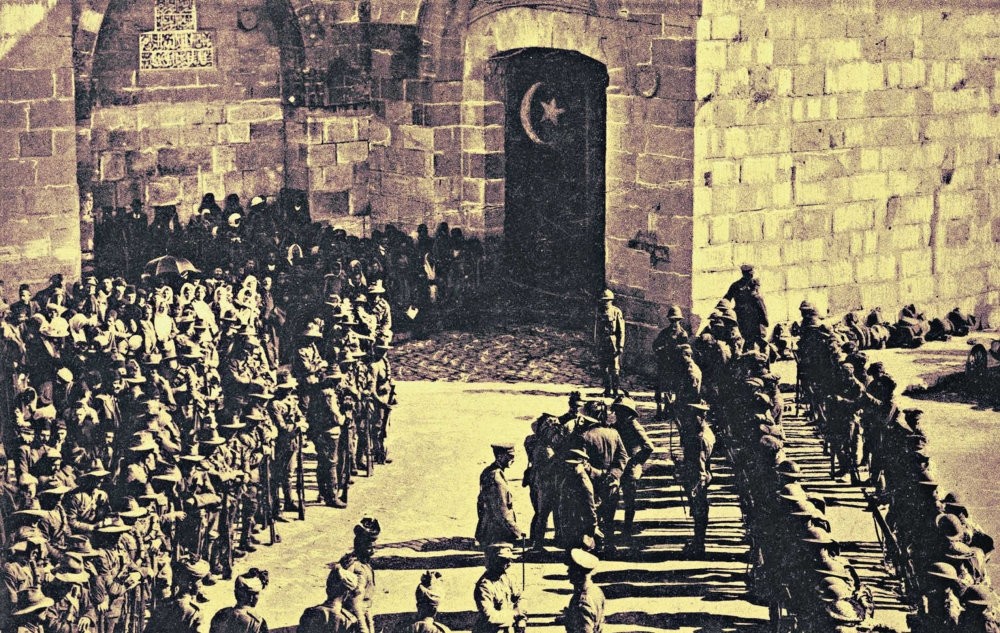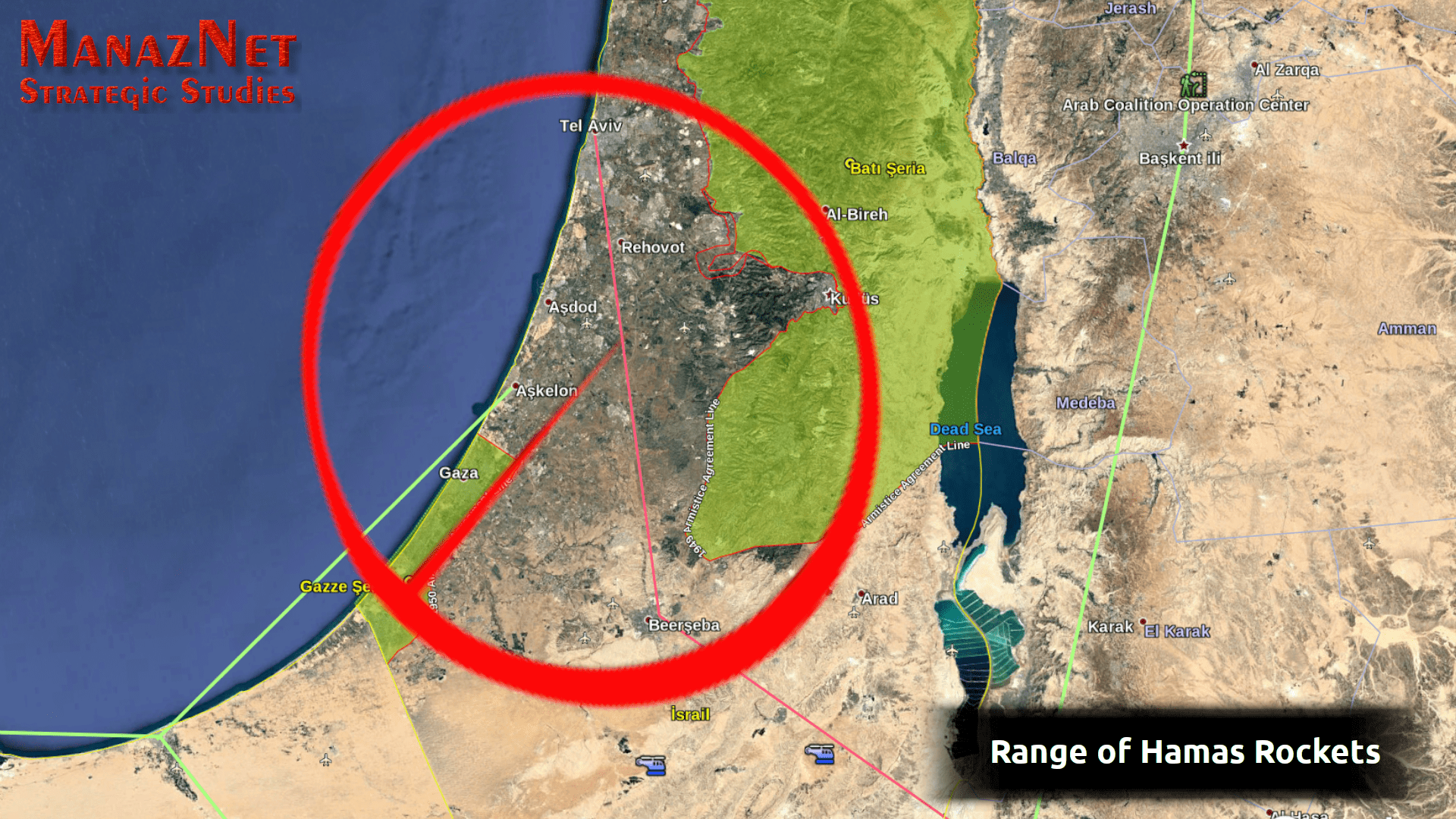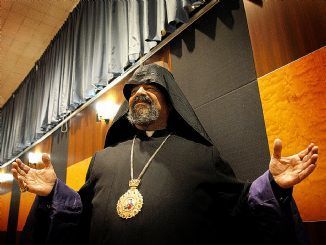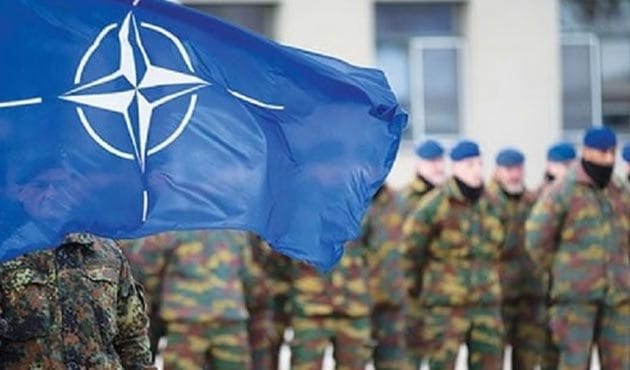The Fall of Jerusalem during the Ottoman Empire occurred in 1917 during World War I. The Ottoman Empire, which was aligned with the Central Powers, was engaged in conflict with the Allied Powers, including British forces in the Middle East. Jerusalem, a city of significant religious and historical importance, was part of the Ottoman Empire at that time.
In 1917, General Edmund Allenby led British and Empire forces in the Sinai and Palestine Campaign against the Ottoman forces. The campaign aimed to capture strategic territories in the Middle East, including Jerusalem. On December 9, 1917, British forces approached Jerusalem, and the Ottoman garrison in the city, under the command of Mayor Hussein al-Husseini, surrendered to the British without significant resistance.
General Allenby, in a symbolic gesture, entered Jerusalem on foot through the Jaffa Gate on December 11, 1917. This event marked the end of Ottoman rule in Jerusalem after centuries of control. The fall of Jerusalem was a pivotal moment in the Middle Eastern theater of World War I, and it had significant implications for the subsequent geopolitical developments in the region.
After the fall of Jerusalem, the British Mandate for Palestine was established, and the League of Nations granted Britain the mandate to govern the territory. The fall of Jerusalem is remembered for its historical, cultural, and religious significance, as the city holds sacred sites for Judaism, Christianity, and Islam.
The Battle of Jerusalem occurred in Palestine Campaign during World War I between British Empire against the Ottoman Empire. Fighting for the city developed from 17 November, continuing until surrender of the Holy city in 30 December 1917. After the fall of Ottoman ‘Gaza Line’ between Beersheba and Gaza in October-November 1917. Ottoman retreated north and form defensive line between Aqaba in the Red Sea and Jafa in mediterranean coast. Port cty of Aqaba quickly fell to the British backed Hashemite rebels in July. Whle the Ottomans defended itself fron two front attack from British advance in Sinai and Hashemite rebel attack from Hejaz.
This series of battles was successfully fought by the British Empire’s XX Corps, XXI Corps,Desert Mounted Corps and Hashemite rebels against strong opposition from the Yildirim Army Group’s Seventh Army in the Judean Hills and the Eighth Army north of Jaffa on the Mediterranean coast. The loss of Jaffa and Jerusalem, constituted a grave setback for the Ottoman Empire.

Clip taken from :
The Great Arab Revolt (2016)
Son Mektup (2015)
Gelibolu (2005)
Çanakkale 1915 (2015)
Gallipoli (2015)
Lawrence of Arabia (1962)
The Water Diviner (2014)
Gallipoli (1981)
The Lighthorsemen (1987)
Адмиралъ (2008)
The Russian Revolution (2017)
Murder on the Orient Express (2017)
Dschihad für den Kaiser (2016)
Wonder Woman (2017)
Flyboys (2006)





